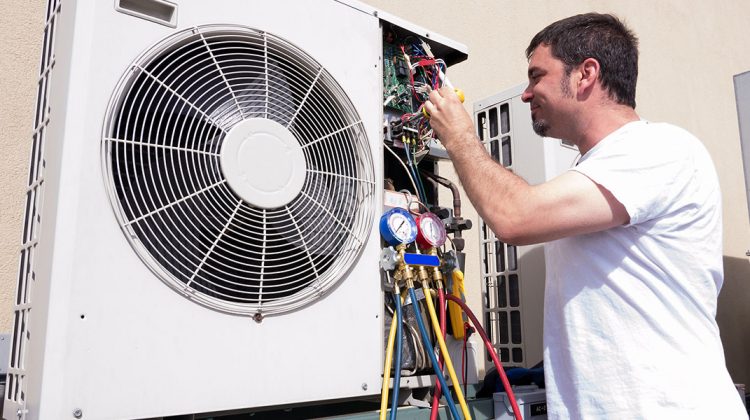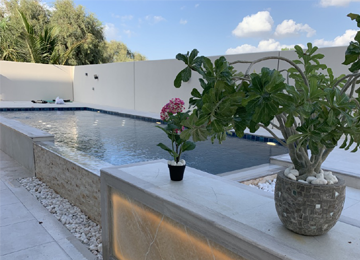Proper HVAC systems maintenance and cleaning is an important part of facility management. However, the dust, allergens, dirt, mold, chemicals and other contaminants that collect in a building’s HVAC infrastructure is out-of-sight, and all too often out-of-mind.
“HVAC expert to realize that dust, dirt, as well as chemicals, mold, and other contaminants accumulate over time in your air ducts.”
Basic cleaning and maintenance for commercial HVAC air ducts and air systems should be conducted regularly, but the frequency and extent depends on the type of business you’re running. Keep reading to dig into what guidelines your business should consider when it comes to your HVAC maintenance and cleaning.

These are important questions for any business owner and facility manager to consider:
- Why should your business prioritize HVAC maintenance?
- How often should your air ducts and HVAC systems be cleaned?
- Able to advise on the best type of system for your needs
HVAC Infrastructure and Air Quality
Air ducts act like the lungs of your building: they bring air in and out. As such, your HVAC infrastructure is directly responsible for the Indoor Air Quality (IAQ) — the temperature, humidity, ventilation and chemical or biological contaminants of the air inside a building. It doesn’t take an HVAC expert to realize that dust, dirt, as well as chemicals, mold, and other contaminants accumulate over time in your air ducts. This buildup can have negative effects on employees suffering from environmental allergies or respiratory issues like asthma, and can cost your business significantly in lost efficiencies.
Benefits of improved indoor air quality include:
- Better efficiency and energy cost savings
- Improved employee productivity, satisfaction, and retention




